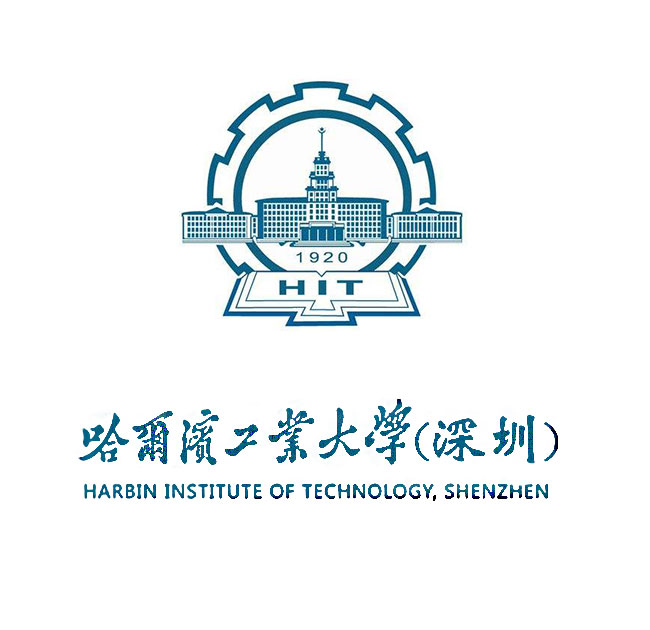
|
Bin Chen (陈斌) I am currently an Associate Professor & PhD Advisor with the Department of Computer Science and Technology, Harbin Institute of Technology, Shenzhen (HITSZ). I got my Ph.D. from the Department of Computer Science and Technology, Tsinghua University, under the supervision of Prof. Shu-Tao Xia. I have also been fortunate to visit Prof. En-Hui Yang at the University of Waterloo (UW) from Dec 2019 to May 2020. My research interests include Coding Theory and Information Theory, Machine Learning and Deep Learning. |
|
Research Fields |
||
|
|
|
|
|
We are always actively recruiting highly motivated students and research interns. For prospective applicants, please send your CV to: chenbin2021@hit.edu.cn |
||
-
News -
2025-02: Four papers got accepted by CVPR 2025. -->
-
2025-01: Four papers got accepted by ICLR 2025. -
2024-07: Yixiang Qiu and Wenbo Yu were awarded the title of Outstanding Undergraduate Graduation Design (Thesis) of HITSZ (3%).
-
-
Selected Publications [ ALL ](* Equal Contribution and # Corresponding Author)
Journal Papers 
MB-RACS: Measurement-Bounds-based Rate-Adaptive Image Compressed Sensing Network
Yujun Huang, Bin Chen#, Naiqi Li, Baoyi An, Shu-Tao Xia, Yaowei Wang
IEEE Transactions on Pattern Analysis and Machine Intelligence (TPAMI), 2024
[TPAMI] [code]
we propose a Measurement-Bounds-based Rate-Adaptive Image Compressed Sensing Network (MB-RACS) framework, which aims to adaptively determine the sampling rate for each image block in accordance with traditional measurement bounds theory.
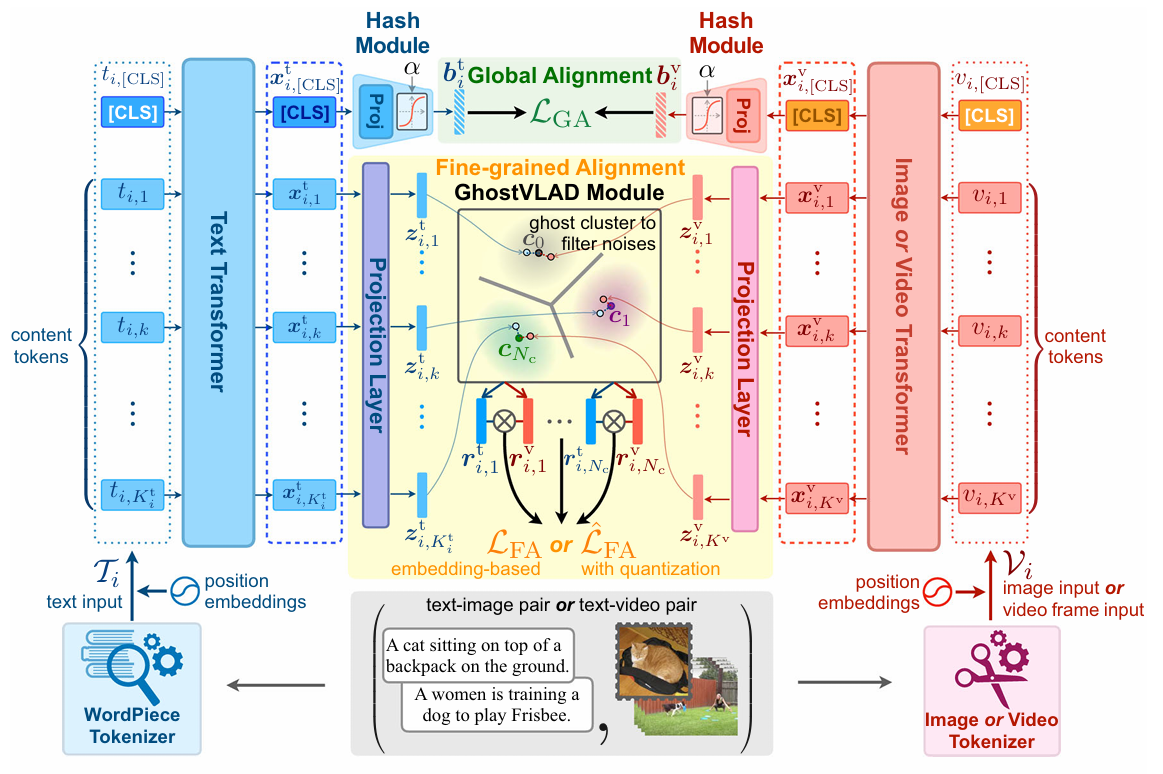
Hugs Bring Double Benefits: Unsupervised Cross-Modal Hashing with Multi-Granularity Aligned Transformers
Jinpeng Wang, Ziyun Zeng, Bin Chen#, Yuting Wang, Dongliang Liao, Gongfu Li, Yiru Wang, Shu-Tao Xia
International Journal of Computer Vision (IJCV), 2024
[IJCV]
We propose a multi-granularity learning framework called hugging to bridge the modality gap, which is different from naïve adaptations via backbone substitution that overlook the heterogeneous semantics from transformers.
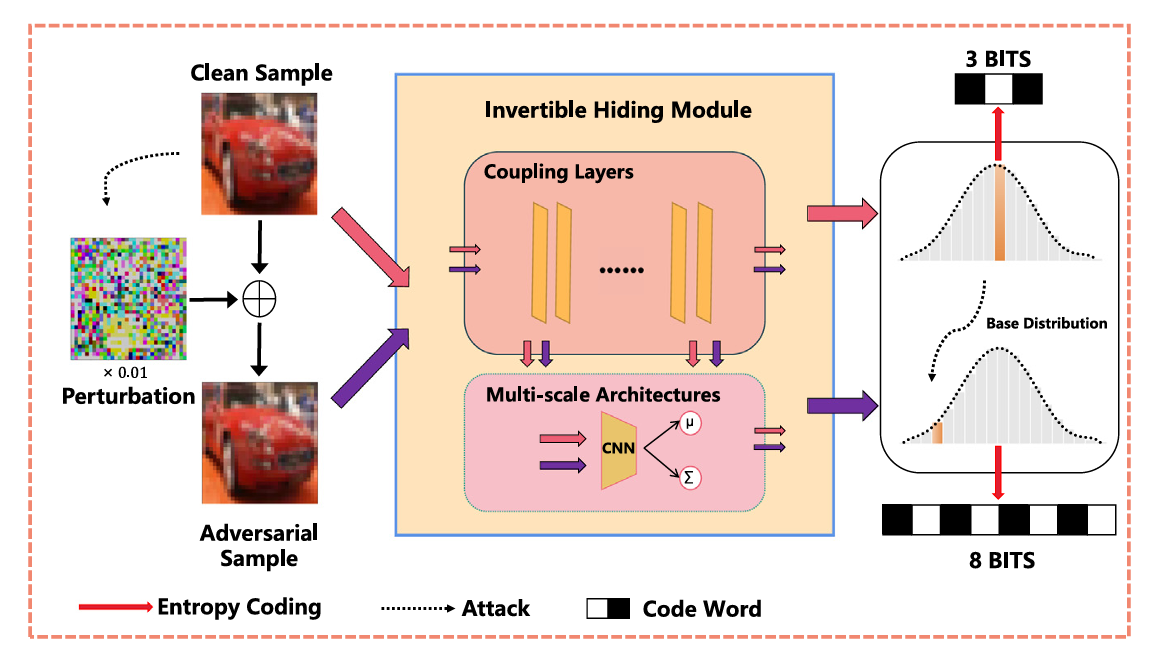
Multi-Scale Architectures Matter: Examining the Adversarial Robustness of Flow-Based Lossless Compression
Yichong Xia, Bin Chen#, Yan Feng, Tianshuo Ge, Yujun Huang, Haoqian Wang, Yaowei Wang
Pattern Recognition (PR), 2024
[PR]
We propose a stronger white-box attack, Auto-Weighted Projected Gradient Descent (AW-PGD), to generate more universal adversarial examples.
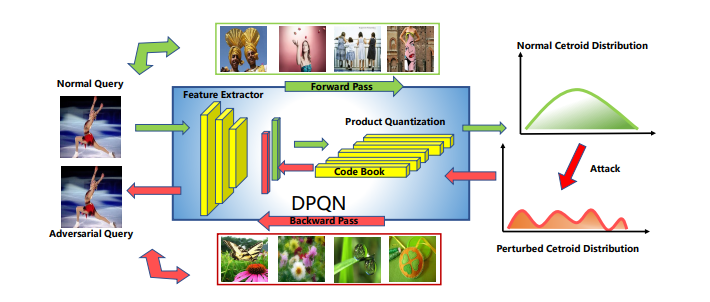
Adversarial Attack on Deep Product Quantization Network for Image Retrieval
Bin Chen, Yan Feng, Tao Dai, Jiawang Bai, Yong Jiang, Shu-Tao Xia, Xuan Wang
IEEE Transactions on Pattern Analysis and Machine Intelligence (TPAMI), 2022
[TPAMI] [code]
We propose product quantization adversarial generation (PQAG), a simple yet effective method to generate adversarial examples for product quantization based retrieval systems.
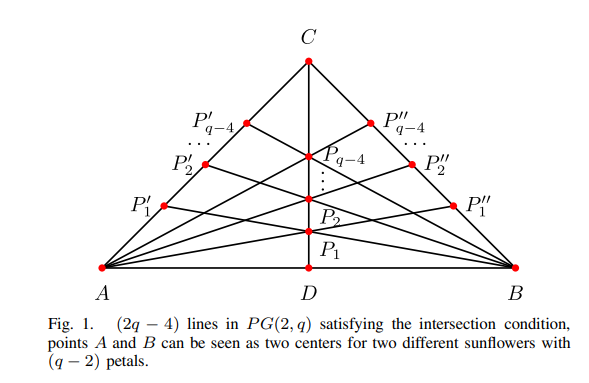
Improved Bounds and Singleton-Optimal Constructions of Locally Repairable Codes With Minimum Distance 5 and 6
Bin Chen, Weijun Fang, Shu-Tao Xia, Jie Hao, Fang-Wei Fu
IEEE Transactions on Information Theory (TIT), 2021
[TIT]
We obtain a complete characterization for Singlet-optimal LRCs with r = 2 and d = 6.
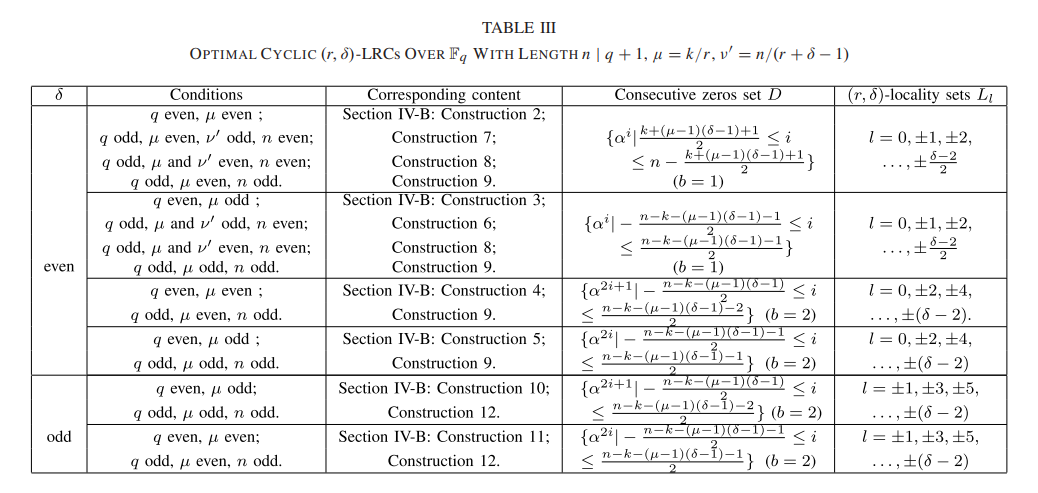
Constructions of Optimal Cyclic (r, δ) Locally Repairable Codes
Bin Chen, Shu-Tao Xia, Jie Hao, Fang-Wei Fu
IEEE Transactions on Information Theory (TIT), 2018
[TIT]
We construct a new class of optimal q-ary cyclic r-local LRCs with lengths n | q + 1 and a new class of optimal q-ary cyclic (r, δ)-LRCs (δ ≥ 2) with lengths n | q + 1.
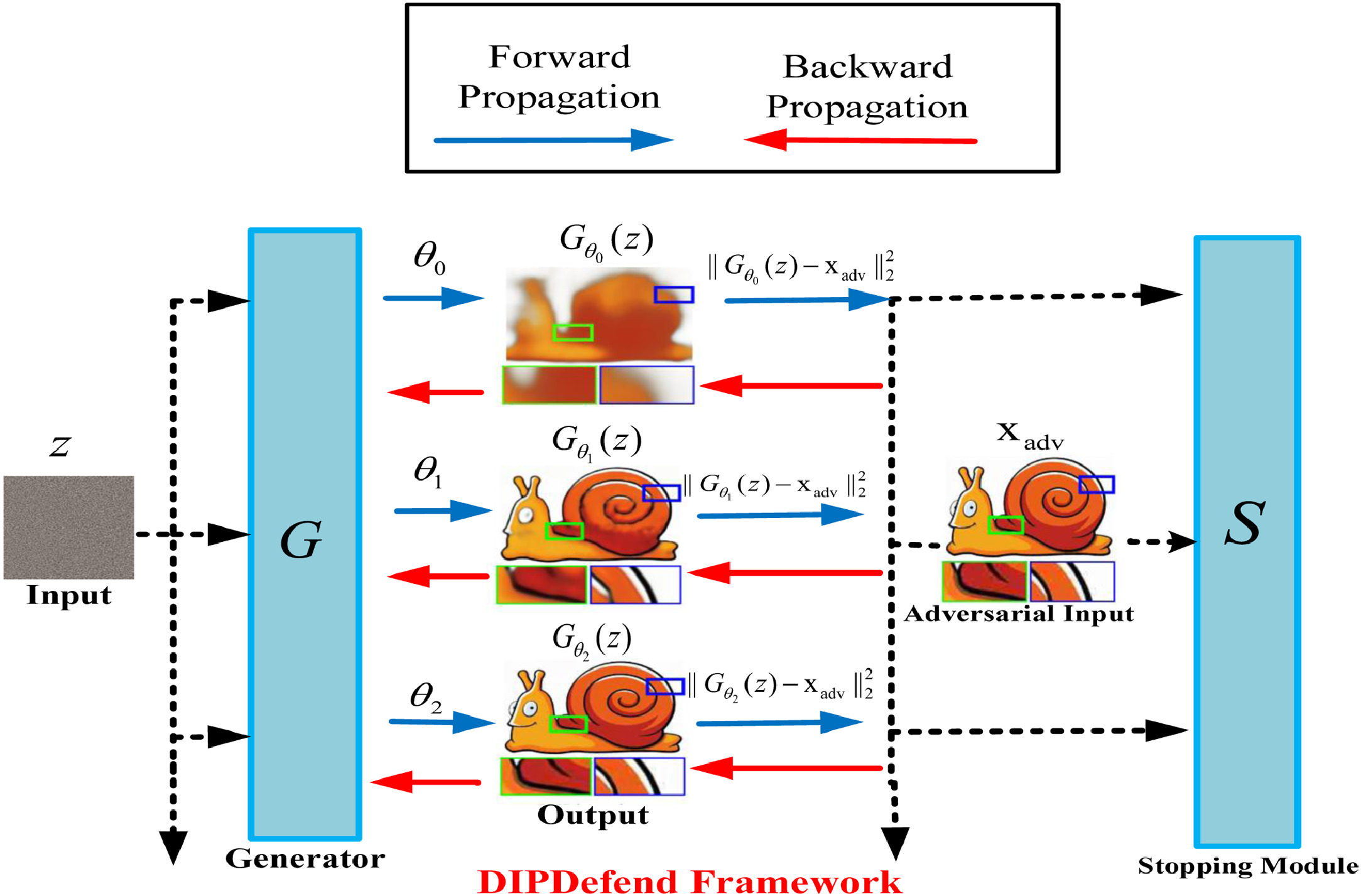
Deep image prior based defense against adversarial examples
Tao Dai, Yan Feng, Bin Chen#, Jian Lu, Shu-Tao Xia
Pattern Recognition (PR), 2022
[PR]
We develop an adaptive stopping strategy that adapts our method to diverse images.
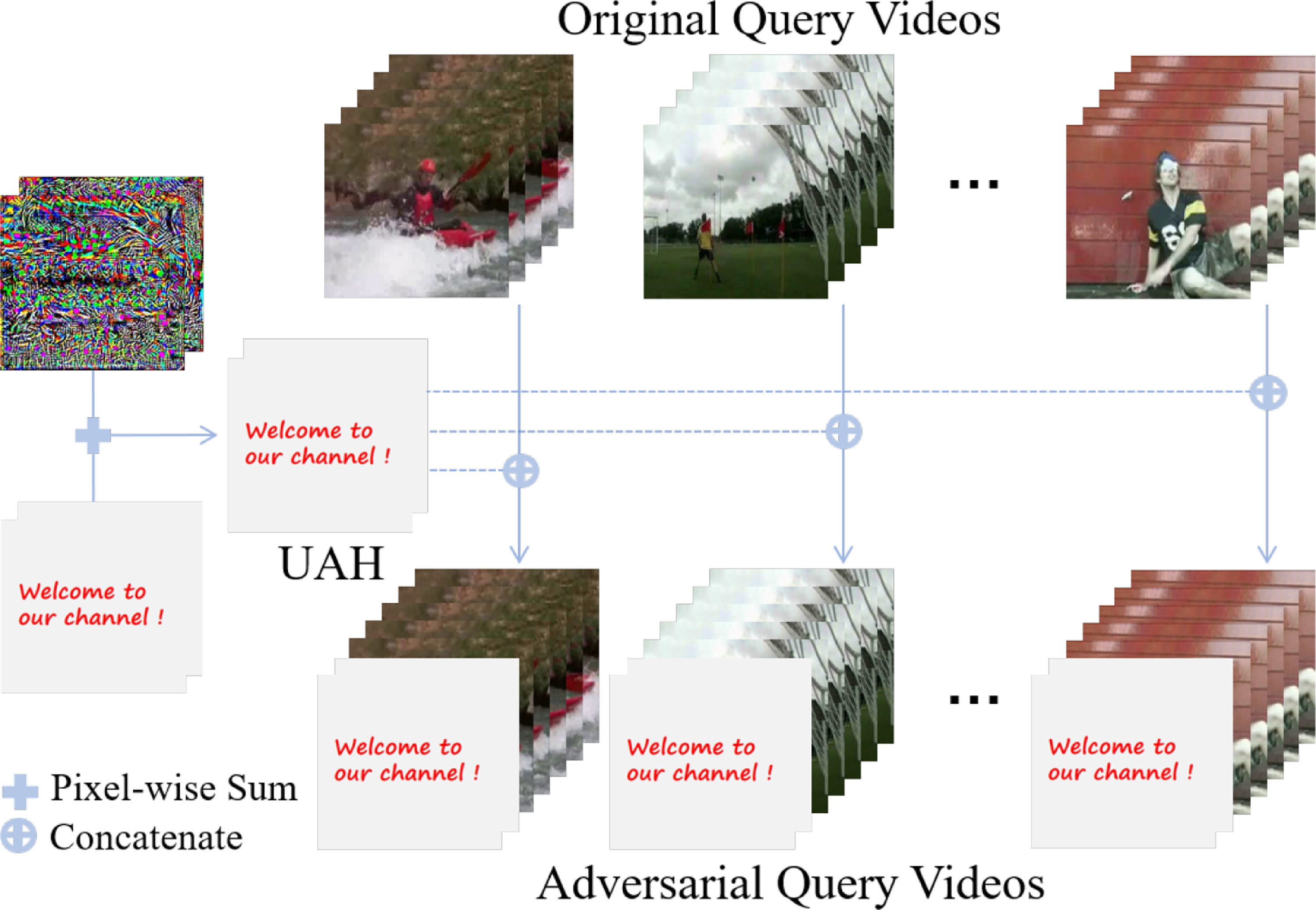
Practical protection against video data leakage via universal adversarial head
Jiawang Bai, Bin Chen#, Kuofeng Gao, Xuan Wang, Shu-Tao Xia
Pattern Recognition (PR), 2022
[PR]
We propose universal adversarial head (UAH), which crafts adversarial query videos by prepending the original videos with a sequence of adversarial frames to perturb the normal hash codes in the Hamming space.
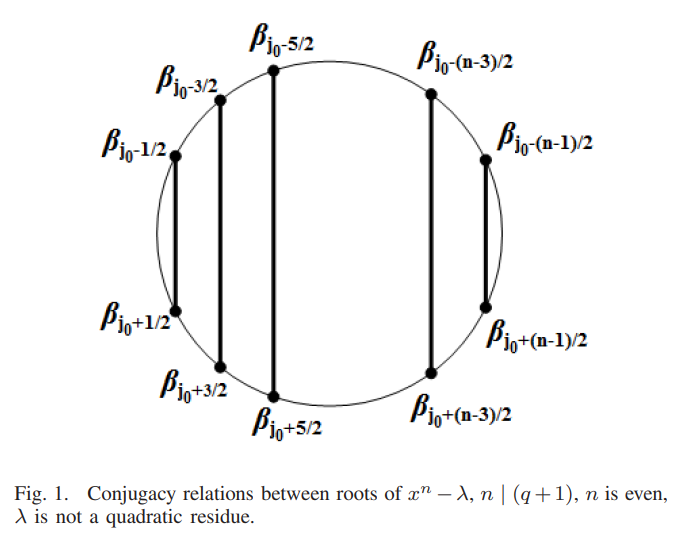
Constructions of Optimal (r, δ) Locally Repairable Codes via Constacyclic Codes
Bin Chen, Weijun Fang, Shu-Tao Xia, Fang-Wei Fu
IEEE Transactions on Communication (TCOM), 2019
[TCOM]
we have completely obtained all optimal (r, δ)-LRCs with length n | (q + 1) and (r + δ - 1) | n for all possible parameters for the completeness in the coding theory.
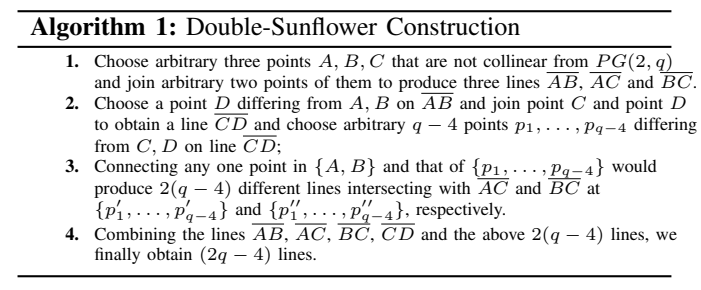
Perfect LRCs and k-optimal LRCs
Weijun Fang, Bin Chen#, Shu-Tao Xia, Fang-Wei Fu, Xiangyu Chen
Designs, Codes and Cryptography (DCC), 2022
[DCC]
We establish important connections of the existence of LRCs with finite geometry and finite fields, and two systematic constructions of perfect LRCs are obtained.

Mean-removed product quantization for large-scale image retrieval
Jiacheng Yang*, Bin Chen* #, Shu-Tao Xia
Neurocomputing (Neurocomputing), 2020
[Neurocomputing]
We develop a novel method to solve the unbalanced variance problem combined with PQ and optimized product quantization (OPQ), called Mean-Removed Product Quantization (MRPQ) for the actual scenario.
Conference Papers 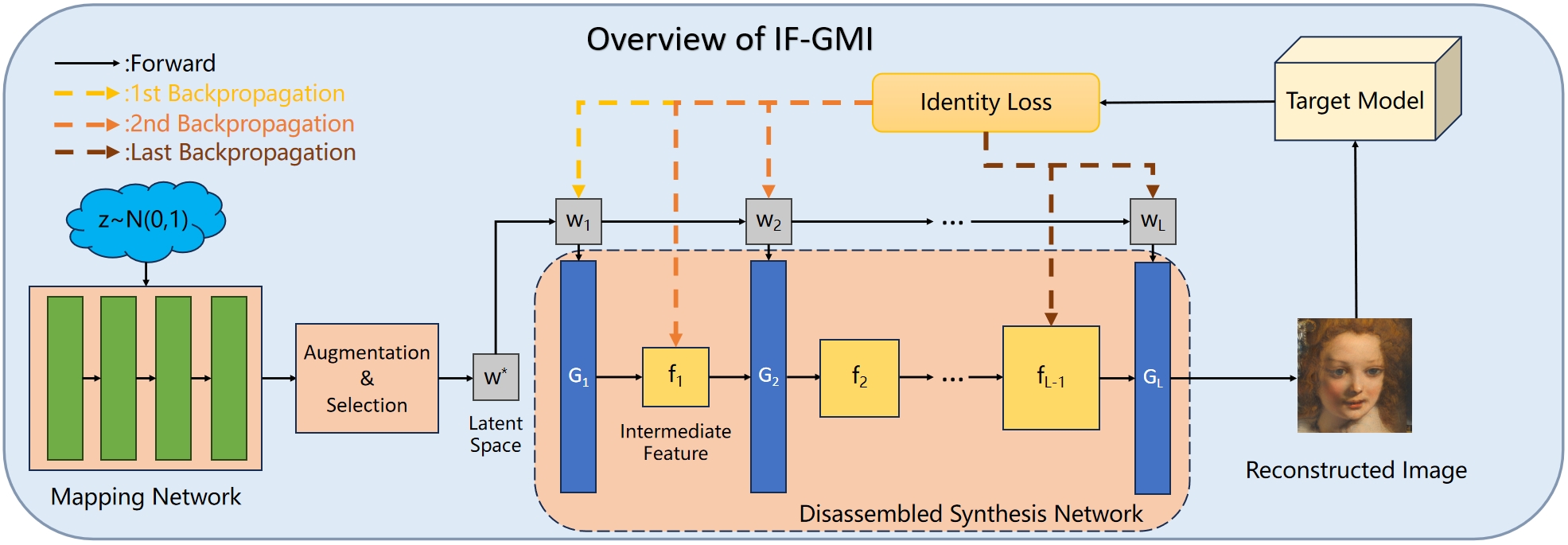
A Closer Look at GAN Priors: Exploiting Intermediate Features for Enhanced Model Inversion Attacks
Yixiang Qiu, Hao Fang, Hongyu Yu, Bin Chen#, Meikang Qiu, Shu-Tao Xia
European Conference on Computer Vision(ECCV), 2024
[arXiv] [code]
Previous Model Inversion attacks have solely disclosed private information in the latent space of GAN priors, limiting their semantic extraction and transferability. Thus we propose Intermediate Features enhanced Generative Model Inversion (IF-GMI), which disassembles the GAN structure and exploits features between intermediate blocks.

CLIP-Guided Generative Networks for Transferable Targeted Adversarial Attacks
Hao Fang, Jiawei Kong, Bin Chen#, Tao Dai, Hao Wu, Shu-Tao Xia
European Conference on Computer Vision(ECCV), 2024
[arXiv] [code]
The generative adversarial attacks use class labels as conditions, failing to leverage the semantic information. Thus, we propose CLIP-guided Generative Network with Cross-attention (CGNC) to enhance multi-target attacks by using textual knowledge of CLIP.
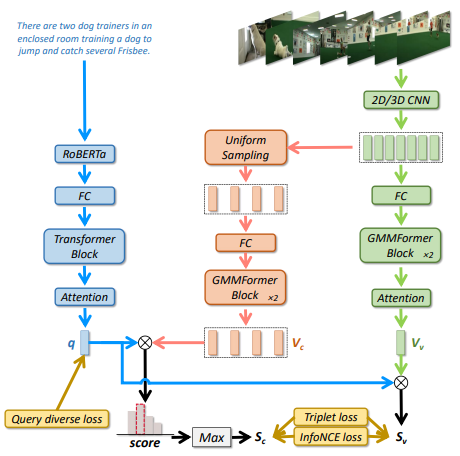
GMMFormer: Gaussian-Mixture-Model Based Transformer for Efficient Partially Relevant Video Retrieval
Yuting Wang, Jinpeng Wang, Bin Chen#, Ziyun Zeng, Shu-Tao Xia
Thirty-Seventh AAAI Conference on Artificial Intelligence(AAAI), 2024
[AAAI] [code]
To solve the efficiency problem of Partially Relevant Video Retrieval (PRVR) methods, we proposes GMMFormer, a Gaussian-Mixture-Model based Transformer which models clip representations implicitly.
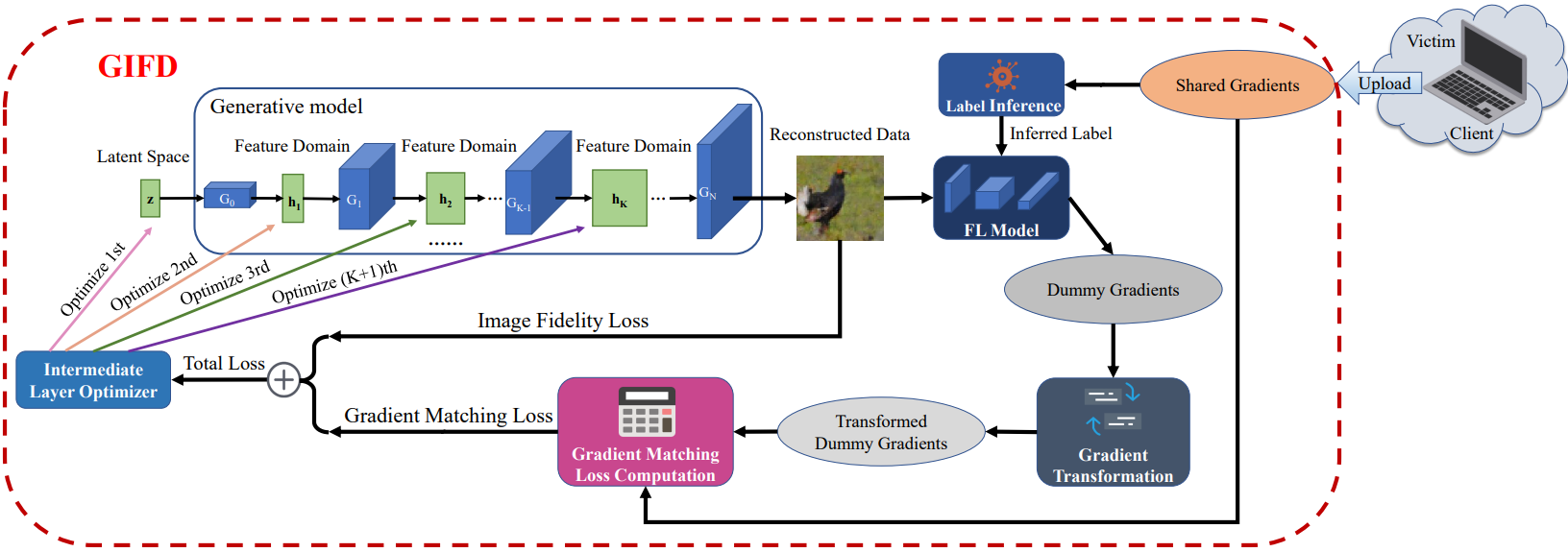
GIFD: A Generative Gradient Inversion Method with Feature Domain Optimization
Hao Fang, Bin Chen#, Xuan Wang, Zhi Wang, Shu-Tao Xia
Nineteenth International Conference on Computer Vision (ICCV), 2023
[arXiv] [code]
To improve the gradient inversion attack for Federated Learning by GAN model, we propose Gradient Inversion over Feature Domains(GIFD), which disassembles the GAN model and searches the feature domains of the intermediate layers.
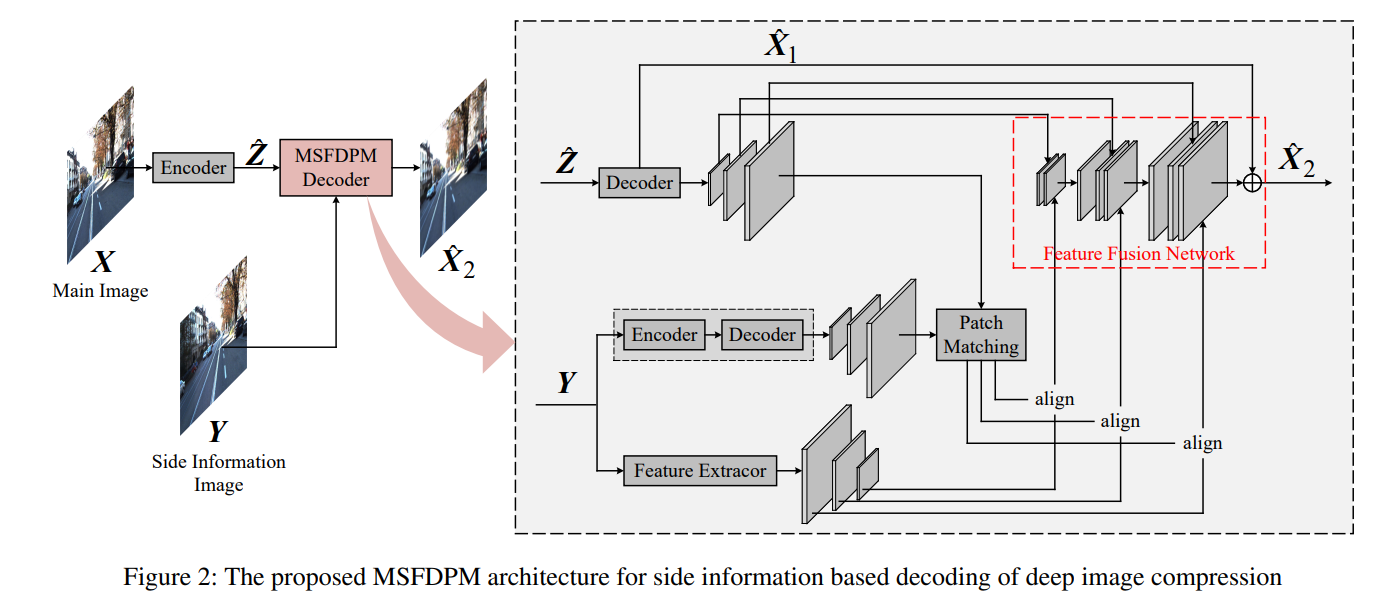
Learned Distributed Image Compression with Multi-Scale Patch Matching in Feature Domain
Yujun Huang, Bin Chen#, Shiyu Qin, Jiawei Li, Yaowei Wang, Dai Tao, Shu-Tao Xia
Thirty-Seventh AAAI Conference on Artificial Intelligence (AAAI), 2023
[arxiv]
We propose MultiScale Feature Domain Patch Matching (MSFDPM) to fully utilizes side information at the decoder of the distributed image compression model.
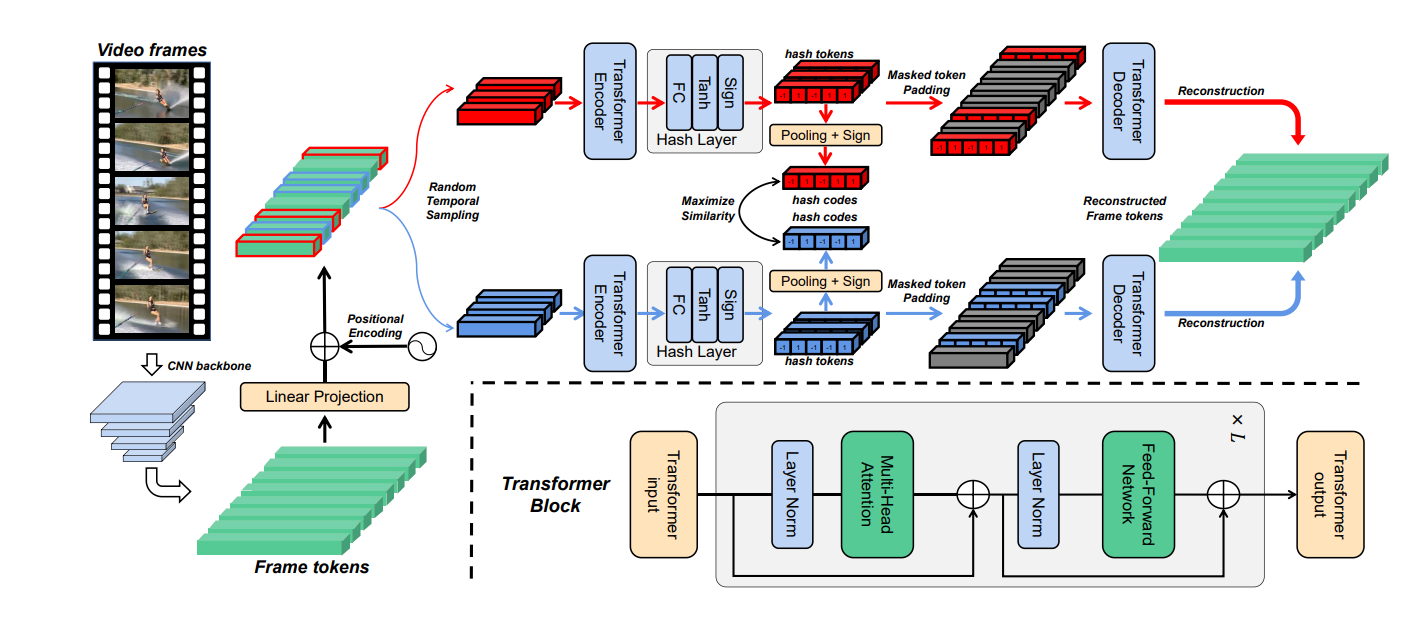
Contrastive Masked Autoencoders for Self-Supervised Video Hashing
Yuting Wang, Jinpeng Wang, Bin Chen#, Ziyun Zeng, Shu-Tao Xia
Thirty-Seventh AAAI Conference on Artificial Intelligence (AAAI), 2023
[arxiv] [code]
We propose a simple yet effective onestage SSVH method called ConMH, which incorporates video semantic information and video similarity relationship understanding in a single stage.
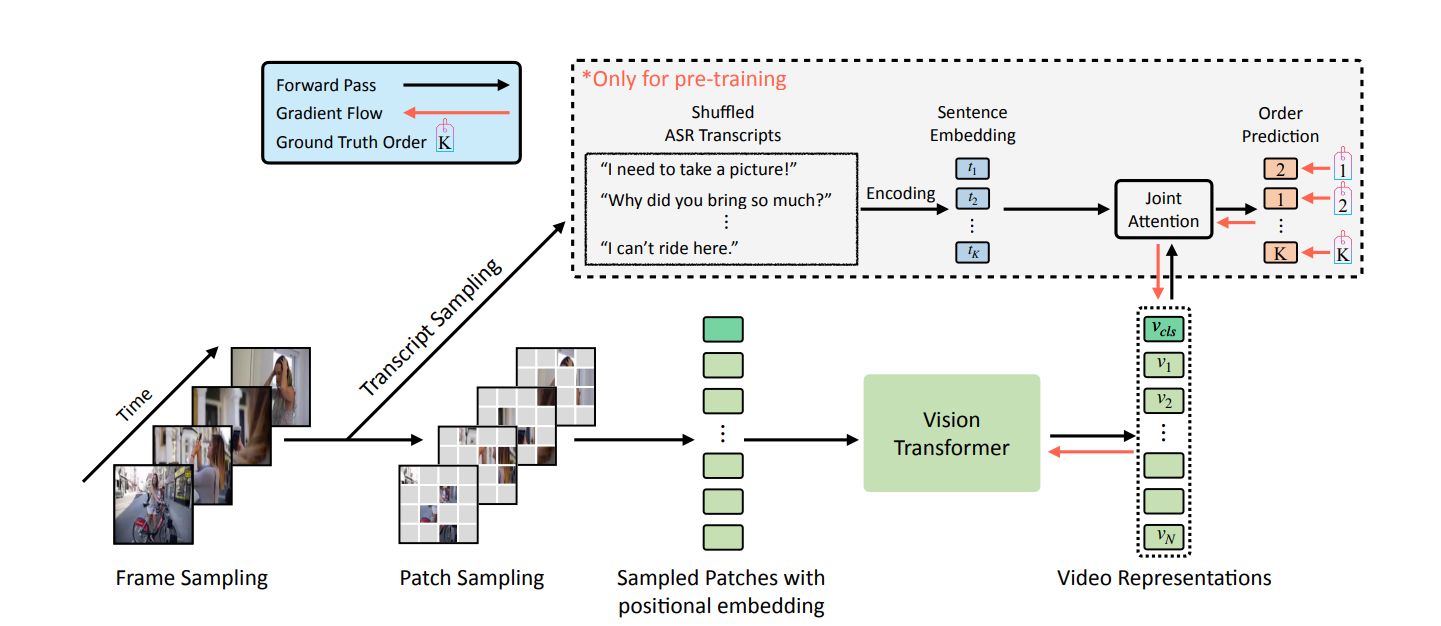
Learning Transferable Spatiotemporal Representations from Natural Script Knowledge
Ziyun Zeng, Yuying Ge, Xihui Liu, Bin Chen#, Ping Luo, Shu-Tao Xia, Yixiao Ge#
IEEE Conference on Computer Vision and Pattern Recognition (CVPR), 2023
[CVPR] [code]
We introduce a new pretext task, Turning to Video for Transcript Sorting (TVTS), which sorts shuffled ASR scripts by attending to learned video representations.
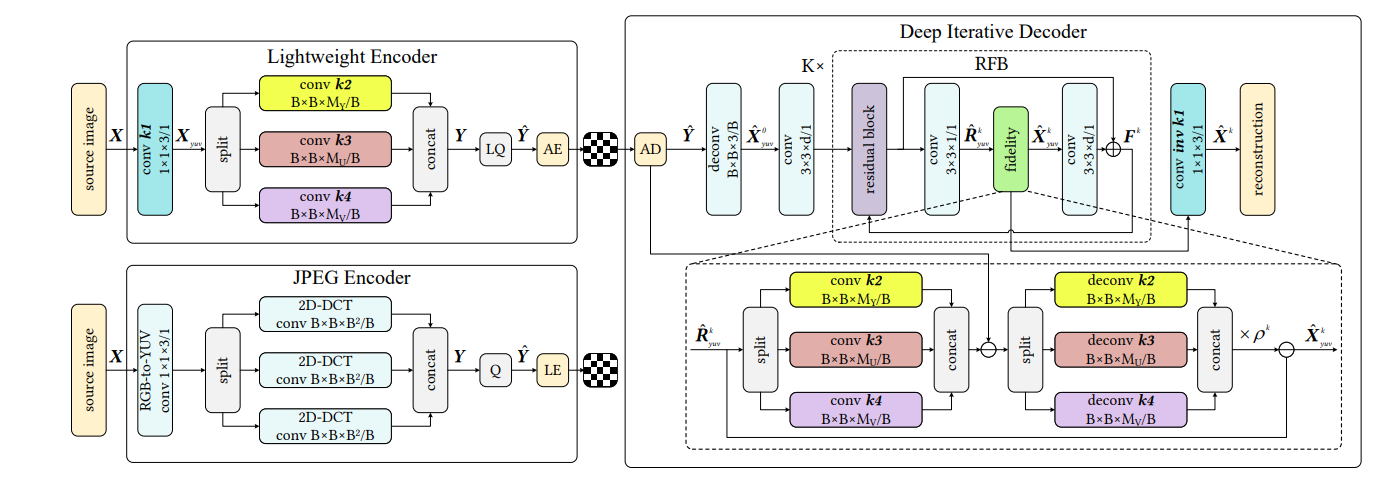
Compressive Sensing based Asymmetric Semantic Image Compression for Resource-constrained IoT system
Yujun Huang, Bin Chen#, Jianghui Zhang, Han Qiu, Shu-Tao Xia
Proc. the 59th Design Automation Conference (DAC), 2022
[DAC]
We propose Compressed Sensing based Asymmetric Semantic Image Compression (CS-ASIC) for resource-constrained IoT systems, which consists of a lightweight front encoder and a deep iterative decoder offloaded at the server.
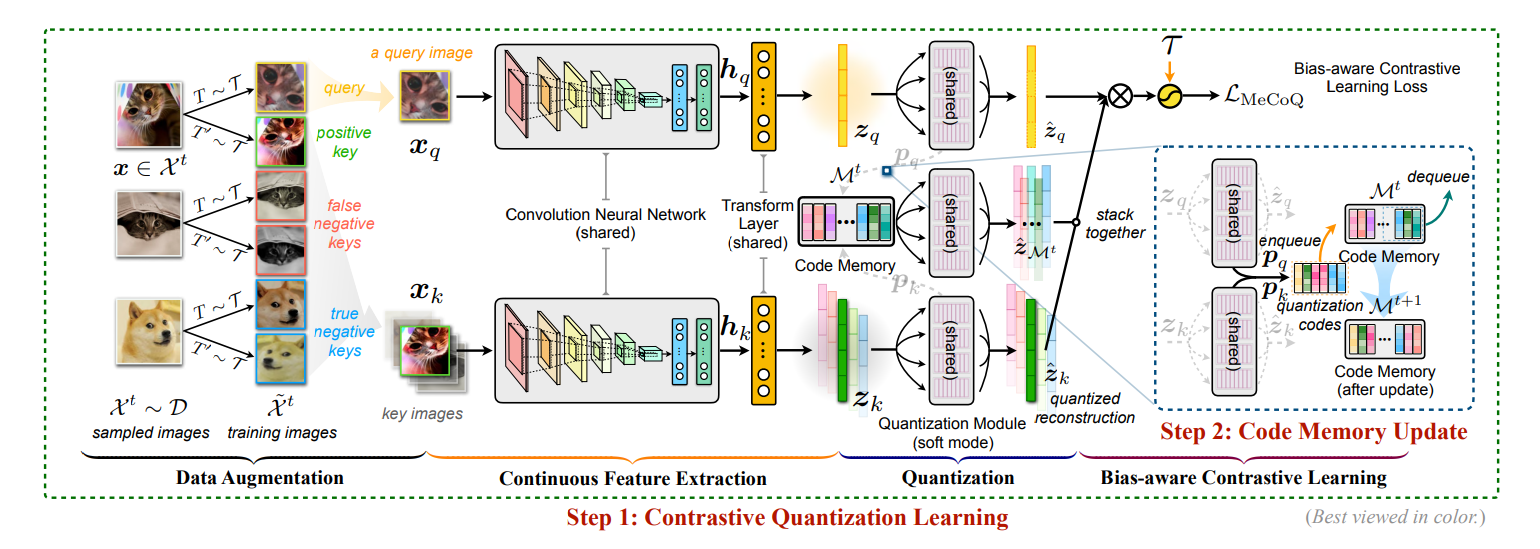
Contrastive Quantization with Code Memory for Unsupervised Image Retrieval
Jinpeng Wang, Ziyun Zeng, Bin Chen#, Tao Dai, Shu-Tao Xia
Thirty-Sixth AAAI Conference on Artificial Intelligence (AAAI), 2022
[arxiv] [code]
We learn unsupervised binary descriptors by contrastive learning, which can better capture discriminative visual semantics.
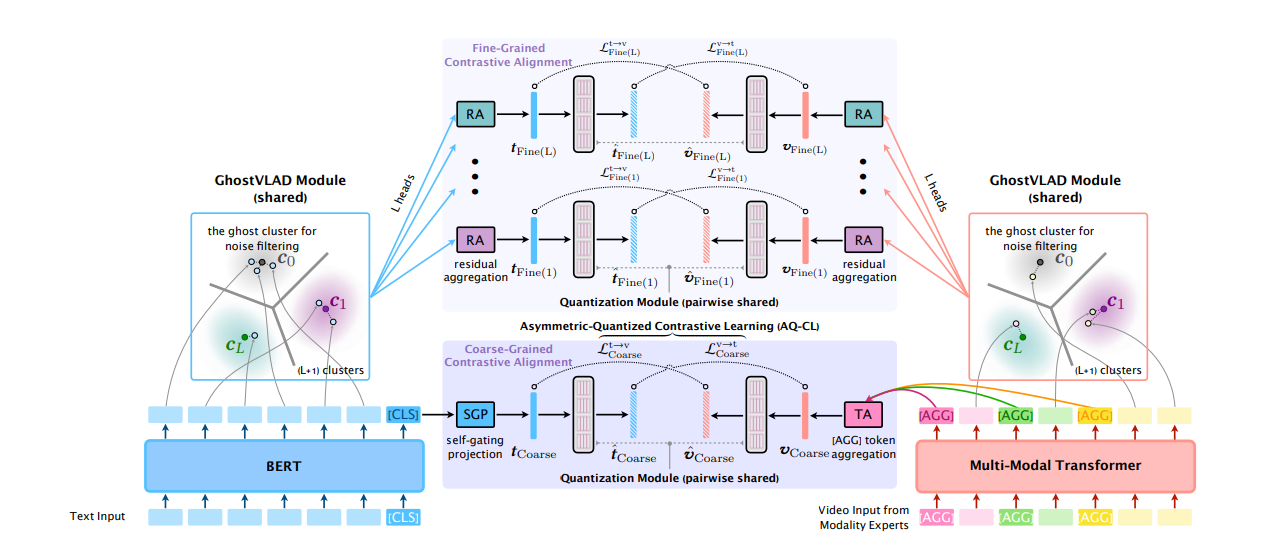
Hybrid Contrastive Quantization for Efficient Cross-View Video Retrieval
Jinpeng Wang, Bin Chen#, Dongliang Liao#, Ziyun Zeng, Shu-Tao Xia et al.
ACM Web Conference (WWW), 2022
[arxiv] [code]
We propose the first quantized representation learning method for cross-view video retrieval, namely Hybrid Contrastive Quantization (HCQ).

Weakly Supervised Deep Hyperspherical Quantization for Image Retrieval
Jinpeng Wang*, Bin Chen* #
Thirty-Fifth AAAI Conference on Artificial Intelligence (AAAI), 2021
[AAAI] [code]
We propose Weakly-Supervised Deep Hyperspherical Quantization (WSDHQ), which is the first work to learn deep quantization from weakly tagged images.
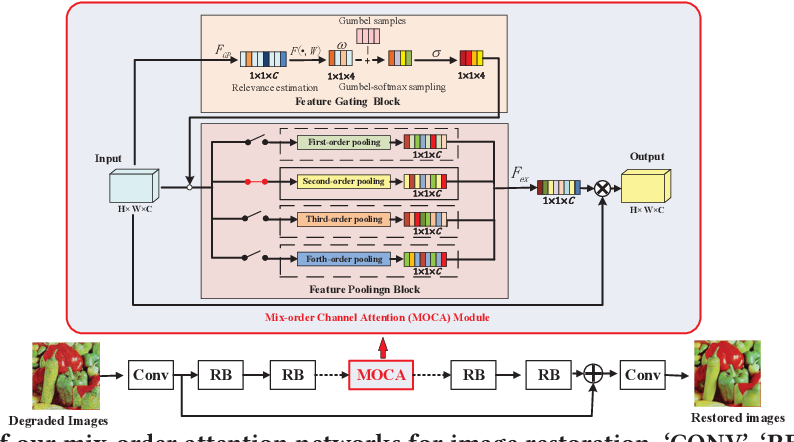
Mix-order Attention Networks for Image Restoration
Tao Dai*, Yalei Lv*, Bin Chen#, et al
Twenty-Eighth ACM International Conference on Multimedia (MM), 2021
[ACM]
Most existing CNN-based methods neglect the diversity of image contents and degradations in the corrupted images. We propose deep mix-order attention networks (MAN) to extract features that capture rich feature statistics within networks.
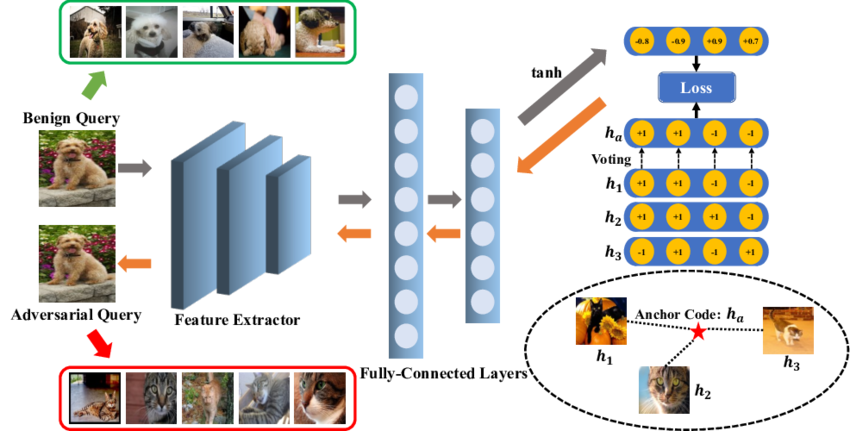
Targeted Attack for Deep Hashing based Retrieval
Jiawang Bai*, Bin Chen* #, Yiming Li*, Dongxian Wu, Weiwei Guo, Shu-Tao Xia, En-Hui Yang
Thirteenth European Conference on Computer Vision (ECCV), 2020
[arxiv]
We propose a novel method, dubbed deep hashing targeted attack (DHTA), to study the targeted attack on the deep hashing based retrieval.
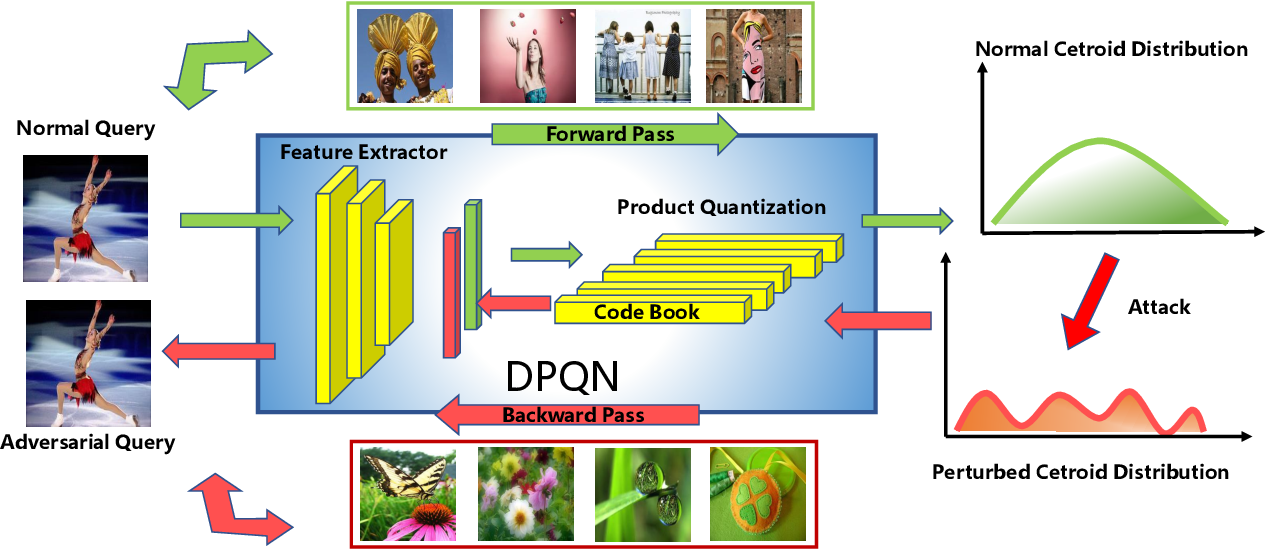
Adversarial Attack on Deep Product Quantization Network for Image Retrieval
Yan Feng*, Bin Chen*, Tao Dai, Shu-Tao Xia
Thirty-Fourth AAAI Conference on Artificial Intelligence (AAAI), 2020
[AAAI]
We propose product quantization adversarial generation (PQ-AG), a simple yet effective method to generate adversarial examples for product quantization based retrieval systems.
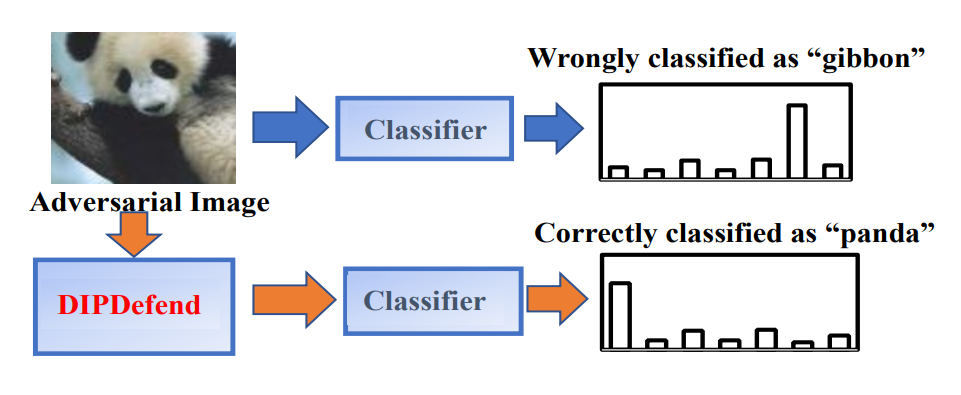
DIPDefend: Deep Image Prior Driven Defense against Adversarial Examples
Tao Dai*, Yan Feng*, Dongxian Wu, Bin Chen#, et al
28th ACM International Conference on Multimedia (MM), 2020
[ACM] [code]
We propose an effective Deep Image Prior Driven Defense (DIPDefend) method against adversarial examples.
-
Research Groups [5 PhD students, 10+ master students, 10+ undergraduates from HITSZ/Tsinghua SIGS/Nankai University]
-
Data Compression and Channel Coding Group
-
AI Security Group -
Data Retrieval Group
*Outstanding students during the internship can be recommended to Tsinghua University, University of Waterloo, Nanyang Technological University, Hong Kong University of Science and Technology, and other well-known domestic and foreign universities for further postgraduate studies.
-
-
Teaching -
Set Theory and Graph Theory, Fall 2022/2023 -
Formal Language and Automata, Spring 2022/2023
-
-
Academic Services Journal Reviewer - IEEE Transactions on Information Theory
- IEEE Transactions on Communications
- IEEE communication letter
- IEICE Transactions on Fundamentals of Electronics, Communications, and Computer Sciences
- IEICE Transactions on Information and Systems
- Science China on Information Science
Conference Reviewer / Program Committee Member - Neural Information Processing Systems (NeurIPS-20)
- IEEE International Symposium on Information Theory (ISIT-17/23)
- IEEE Data Compression Conference (DCC-20/21)
- AAAI Conference on Artificial Intelligence (AAAI-21/22/23)
- International Joint Conference on Artificial Intelligence (IJCAI-21/22/23)
- IEEE/CVF Conference on Computer Vision and Pattern Recognition (CVPR-21/23)
- IEEE/CVF International Conference on Computer Vision (ICCV-23)
AMS Mathematical Reviewer
